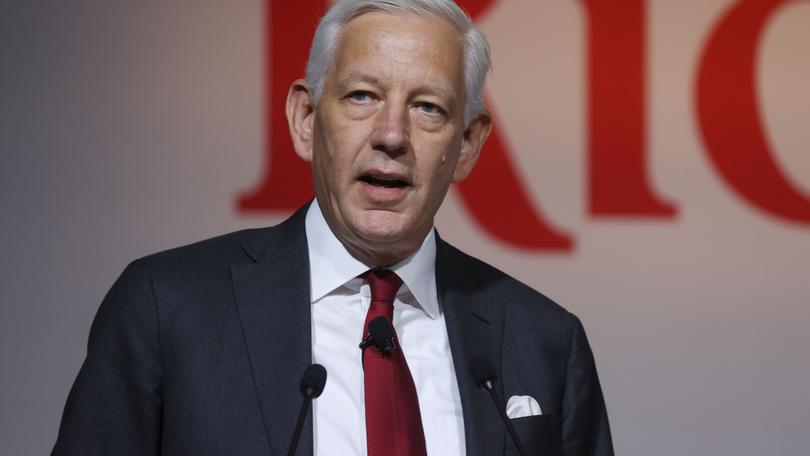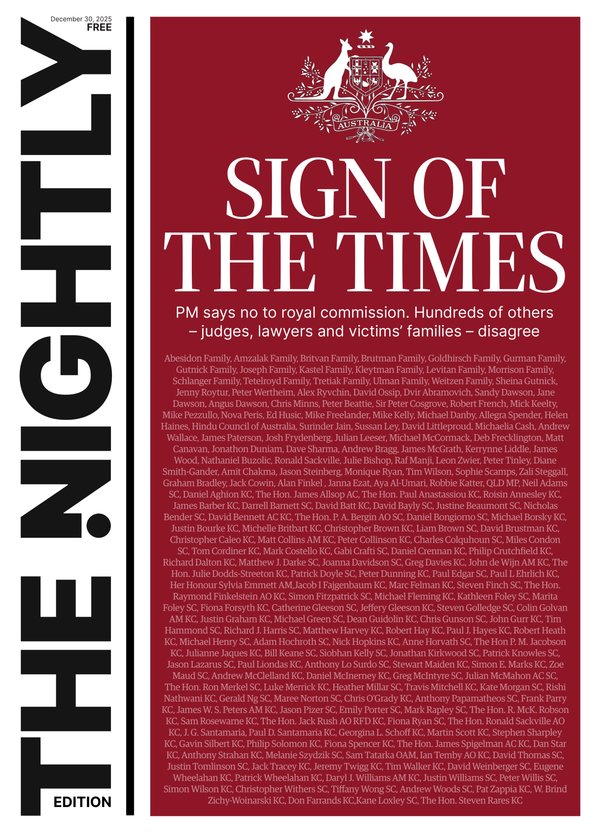Rio Tinto chairman Dominic Barton believes copper M&A won’t be enough to plug looming supply gap

Rio Tinto chairman Dominic Barton has declared the world needs more mines to cope with rising demand for key energy-transition metals like copper, with mergers and acquisitions unable to plug a looming supply gap.
“As an industry, we’re not going to ‘inorganic’ our way out of this challenge,” Mr Barton revealed in a Bloomberg TV interview, referring to growth through deals.
“It’s huge, and it’s in at least five different commodity areas.”
Sign up to The Nightly's newsletters.
Get the first look at the digital newspaper, curated daily stories and breaking headlines delivered to your inbox.
By continuing you agree to our Terms and Privacy Policy.Global mining M&A has ramped up over recent months, as healthy cash flows and the outlook for key green energy metals encourage the rapid addition of extra production.
BHP has been among the most active, swooping on Filo Corp after the world’s biggest miner’s $US49 billion ($71b) bid for Anglo American was rebuffed. Rio, however, has been quiet in the deal-making space, instead allocating hundreds of millions into exploration with a focus on copper and lithium.
Still, Mr Barton said the company was “looking at opportunities”.
“We’re just going to have to build more (copper mines),” he said.
“We’re going to need to mine, discover, and process more copper in the next 30 years.”
Rio and BHP are currently facing regulatory headaches getting their Resolution copper joint venture in Arizona online due to opposition from a local Native American tribe.
Mr Barton said the Resolution project could supply up to 25 per cent of US copper demand, but stopped short of calling for an expedited approvals process.
Originally published on The Nightly
